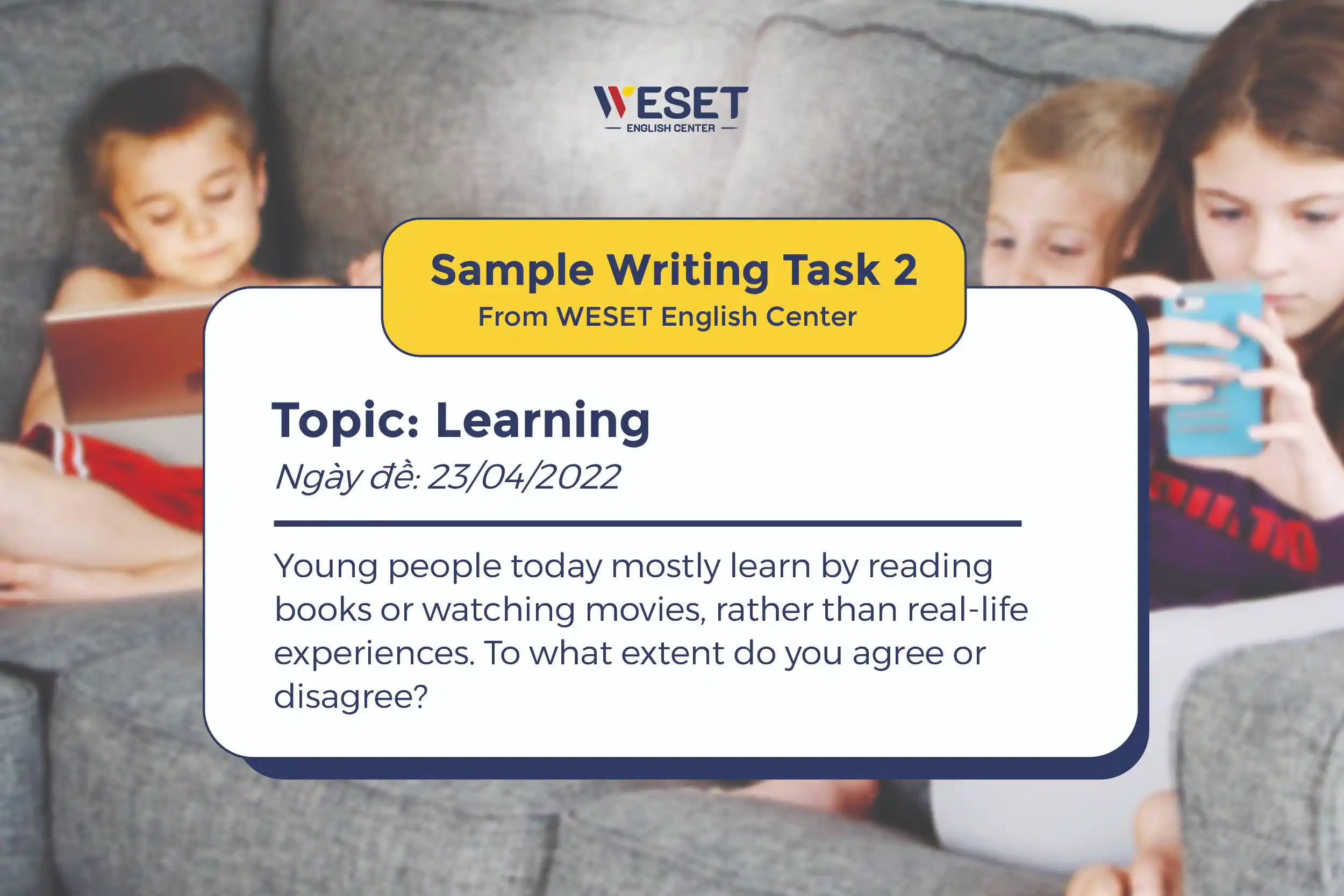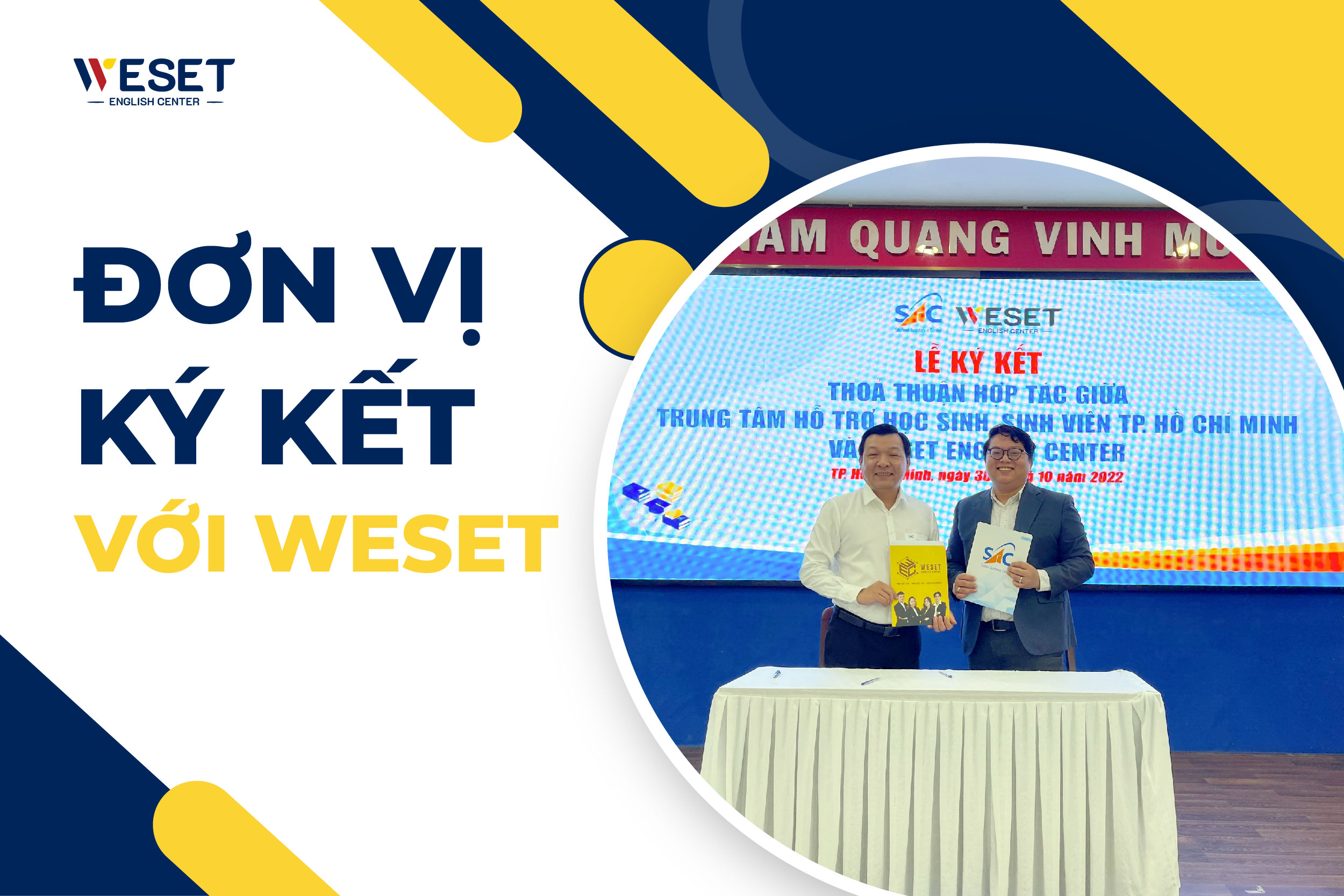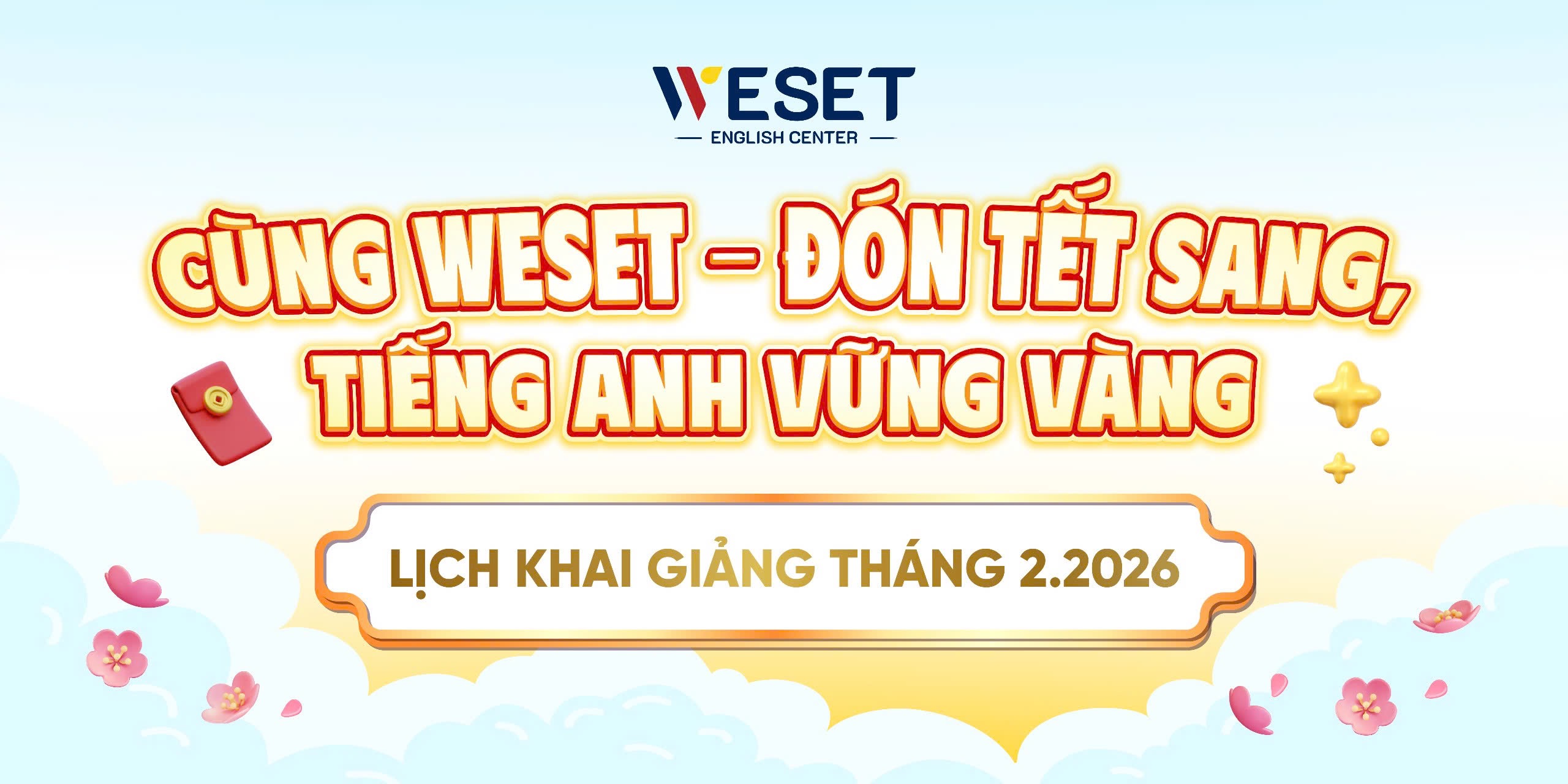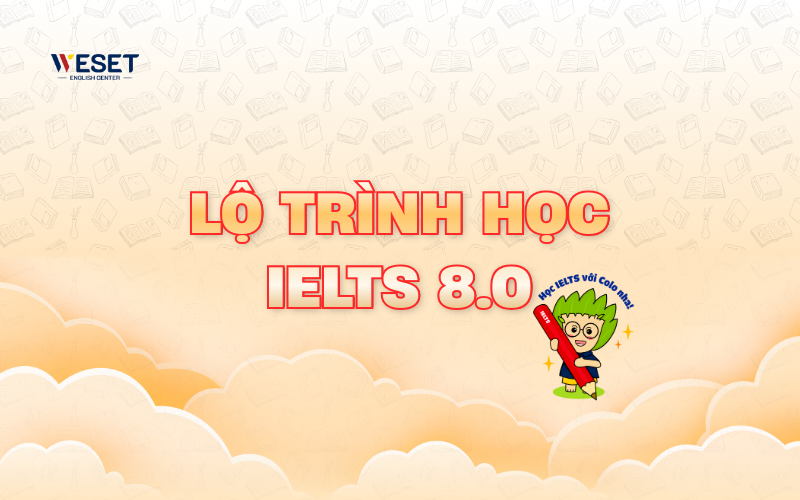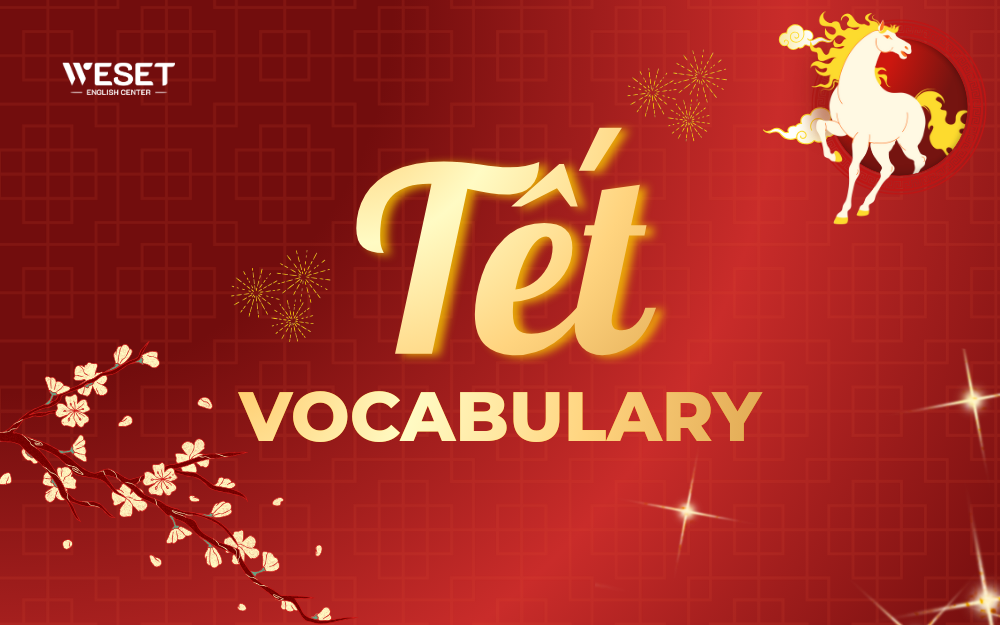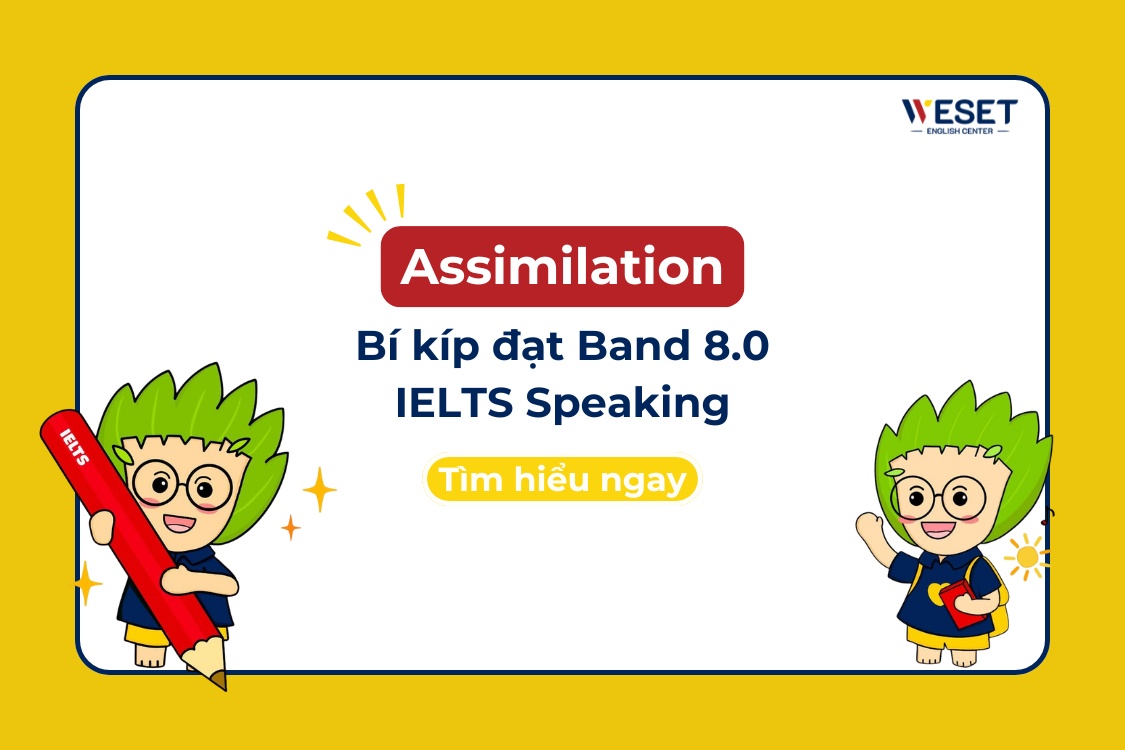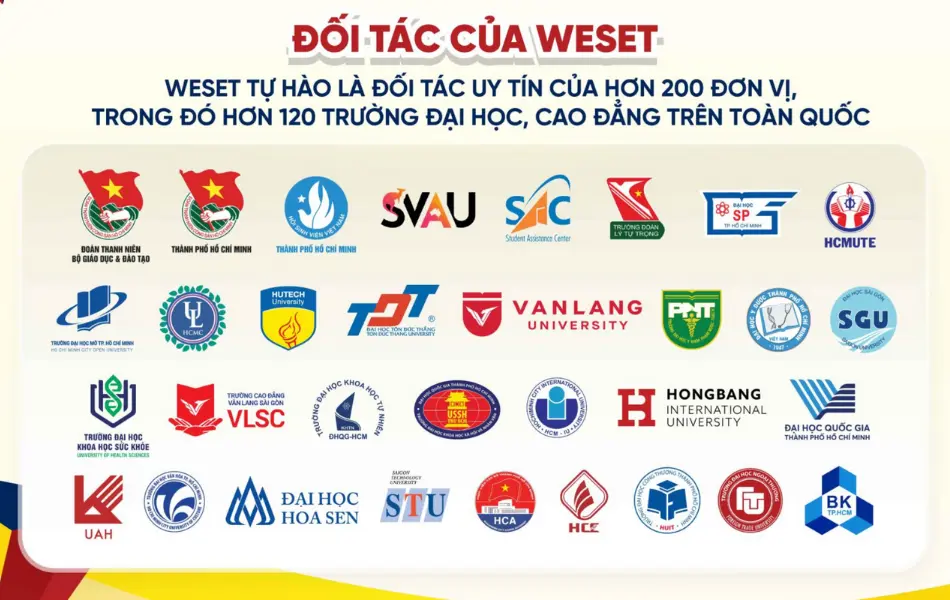Trang chủ Blog Bài thi IELTS mẫu Giải đề mẫu Writing Task 2 | Chủ đề: Learning
Giải đề mẫu Writing Task 2 | Chủ đề: Learning
- WESET
- Bài mẫu IELTS Sample Writing, Bài mẫu Task 2 IELTS Writing sample, Bài thi IELTS mẫu, Blog, Blog IELTS
MỤC LỤC
Liệu việc học chủ yếu qua sách và phim ảnh có phải là cách hiệu quả nhất để giới trẻ tiếp thu kiến thức hơn là kinh nghiệm thực tiễn trong đời sống?
Chúng ta hãy cùng nhau phân tích và thảo luận vấn đề này ở một đề thi IELTS Writing task 2 nhé!
Đề bài: Young people today mostly learn by reading books or watching movies, rather than real-life experiences. To what extent do you agree or disagree?
Đề thi IELTS Writing Task 2 đề cập về việc giới trẻ học chủ yếu từ sách vở và phim ảnh thay vì kinh nghiệm thực tế.
1. Outline
Introduction
- Paraphrase đề.
- Thể hiện quan điểm bản thân: đồng ý 1 phần với đề bài, người trẻ hiện nay sẽ kết hợp cả học trên lý thuyết và học từ thực tế.
Body paragraph 1: Học từ sách vở, online
- Hiện nay, các nhà sách, thư viện ngày càng phổ biến, khiến cho việc tiếp cận với sách vở trở nên cực kỳ dễ dàng, từ đó học sinh có thể học một cách nhanh chóng và không tốn nhiều thời gian, công sức.
- Ngoài ra, các công cụ tìm kiếm hiện đại mang đến những kiến thức chính xác với và nhanh chóng, đáp ứng nhu cầu thông tin của giới trẻ.
Body paragraph 2: Học từ thực tiễn cuộc sống
- Các kinh nghiệm thực tiễn là nguồn tri thức lớn và quan trọng bởi tính chân thực và khả năng nâng cao những kĩ năng mềm và khả năng xử lý vấn đề của các cá nhân, thông qua việc phải xử lý những công việc mang tính cấp bách.
- Từ đó tôi luyện những đức tính cần thiết cho cuộc sống về sau.
Conclusion: Khẳng định lại quan điểm.
2. Essay
In the modern era, young people have a wealth of resources at their disposal to gain knowledge. While some contend that reading books or watching movies is the most efficacious way of learning, others are of the view that real-life experiences are unparalleled. In my opinion, I believe that youngsters are combining the two precious sources as although books and movies can be advantageous sources of information, young people still praise the value of genuine experiences.
On the one hand, there are numerous reasons why young people today may opt for books or movies as a means of learning. Firstly, these sources are easily accessible, and often more cost-effective than real-life experiences. For example, if someone wishes to acquire knowledge about the history of a specific culture, they could read a book or watch a movie instead of traveling to that culture’s country. Secondly, books and movies can provide a level of security and comfort that genuine experiences cannot. For this, it is apparent that books are an irreplaceable source of information for premature students and amateur professionals before becoming involved in specific fields. For instance, a person who has acrophobia could read about skydiving instead of undertaking the activity in reality.
Despite these advantages, I believe that genuine experiences are paramount for young people’s growth and development. Firstly, such experiences provide opportunities for hands-on learning, which can be much more effective than passive learning through books or movies. For example, someone who is fond of learning about the diversity of cultures would gain much more knowledge and insight by traveling to those countries and experiencing them firsthand, which are so realistic and vivid that no books or video can compare. Secondly, genuine experiences can foster vital life skills such as problem-solving, communication, and adaptability. These skills are arduous to acquire through passive learning methods alone. To elaborate, when youngsters engage challenges through real-life situations, they must adopt down-to-earth approaches to solve problems beforehand, resulting in better problem-solving ability and critical thinking, which are quintessential for their later life.
In conclusion, while books and movies can provide useful information, they cannot replace the value of genuine experiences. Hence, young people nowadays combine both to yield the best result out of their maturing process. Since genuine experiences offer opportunities for hands-on learning and the development of critical life skills. Therefore, I strongly concur that young people should prioritize genuine experiences as an indispensable part of their education.
3. Highlighted Vocabulary
- at their (one’s) disposal (phr): sẵn sàng để sử dụng
- genuine experiences: trải nghiệm chân thực
- opt for: lựa chọn
- cost-effective (adj) : đáng tiền ( với giá phải chăng )
- paramount = quintessential (adj): tối quan trọng, quan trọng hàng đầu
- foster (v): nuôi dưỡng
- hands-on experience: trải nghiệm thực tiễn
- down-to-earth = practical (adj): thực tiễn
- concur (v): đồng tình
- acrophobia (n): chứng sợ độ cao
- vivid (adj): sống động
- arduous (adj): gian nan, cần tính kỉ luật cao để hoàn thành
- praise (v): đánh giá cao, tôn thờ

